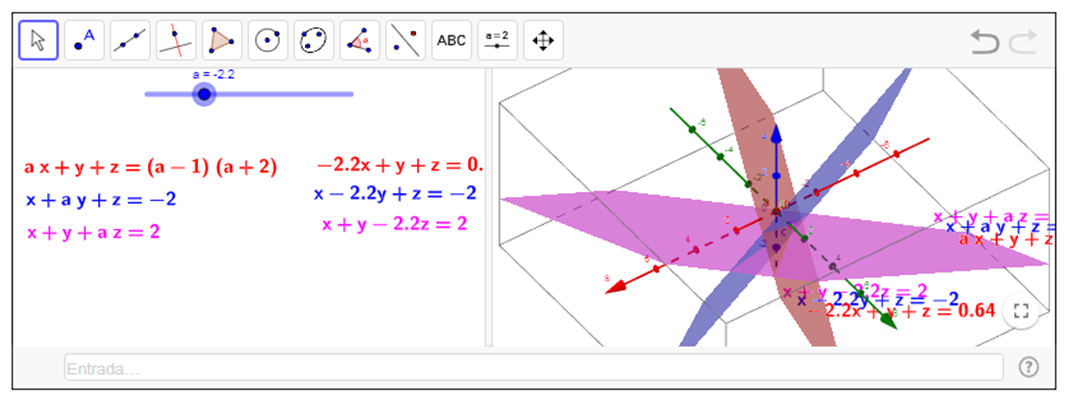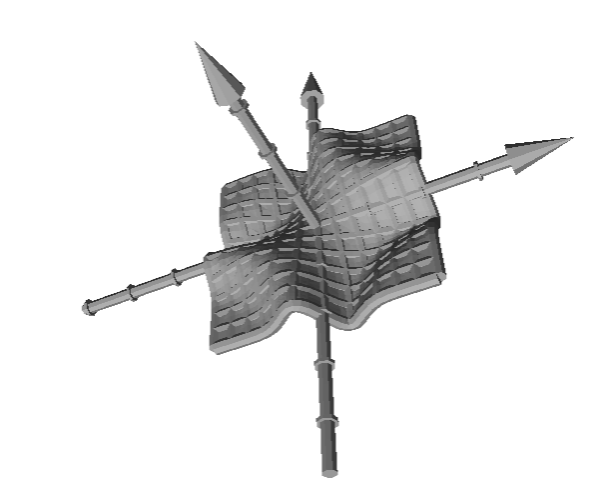Other possibilities to use 3D printed objects.
We can so a different pedagogical approach.
Not only we can visualize but we can touch the mathematical representations of the abstract objects that we are working with.
Also we can create our own materials that fit to our class and the way we teach.
See examples below:
Simultaneous equations
An idea that came to my mind when working with 3D printed objects was to print different simultaneous equations and using the prints to understand the concept of solution. Infinite solutions, impossible system, only one point in the solution.


When using this prints, the conversation was really enhanced.
Creating our own materials for the class
Creating solid that do not come in the "normal" packages, special for our class.
Shapes to fit our classes


Intersection of conics

Functions
We can also print functions to understand the concept of maximums and minimums, derivatives...
This are STL files created in GeoGebra.
